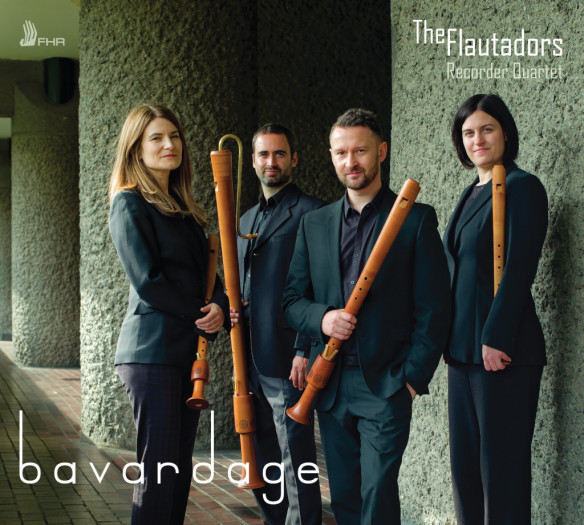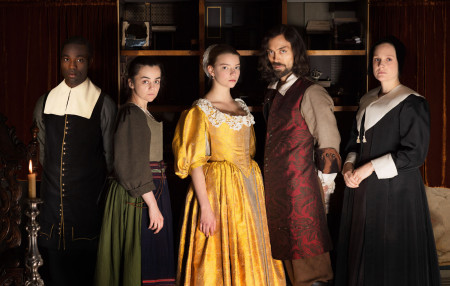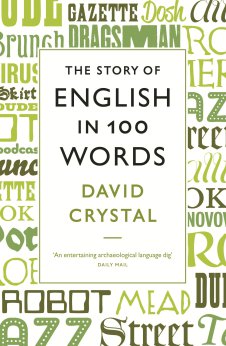
The Flautadors (Catherine Fleming, Merlin Harrison, Celia Ireland, Ian Wilson, recorders)
First Hand Records FHR55 Playing time: 60’24”
Reviewed by Richard Whitehouse
Summary
Since its formation in 1997, The Flautadors has been at the forefront of recorder consorts in Europe and this latest disc, its fifth, features a selection of modern pieces, interlaced with arrangements of Scottish traditional songs, celebrating its 20th anniversary in fine fashion.
What’s the music like?
Two works by Japanese composers offer contrasting takes on aspects of Occident and Orient. Black Intention IV (1980) has Making Ishii exploiting microtonal tuning and extended playing techniques as akin to those of the European avant-garde – whereas in Idyll 1 (1976), Ryohei Hirose draws on Indian harmonic procedures to overly sensuous effect. With its combination of recorders and triangles, Arbos (1977) is a microcosm of the interplay between incremental melodic growth and relative harmonic stasis that Arvo Pärt pursued henceforth.
Two pieces by younger British composers underline the virtuosic potential of the recorder consort today. Bavardage (2002) finds David Murphy exploring the idea of gossip as springboard to quick-fire exchanges and emergence of a volatile momentum, whereas the calmer exterior of Leo Chadburn‘s De la Salle (2001) belies the intervallic intricacy (and the number of recorders) in what is atmospheric if at times unsettling music. Which leaves Terry Riley‘s In C (1964), that blueprint for American minimalism whose equably insistent pattern-making responds tellingly to the unity-within-diversity afforded by seven recorder players and 25 recorders.
As arranged by Ian Wilson, the Scottish traditional songs emphasize the lyrical aspect of recorder playing. Thus, the limpid poignancy of Ca the yowes and robust gaiety of Dandy Dancer, the virile impetus of Bose and Butter and reel-driven energy of The Deil Among the Tailors. Neil Gow’s Lament immortalised the 18th-century fiddler’s second wife in warmly elegiac terms effortlessly conveyed here, and though it may be less than four decades old, Sir Peter Maxwell Davies‘s Farewell to Stromness is a timeless classic whose pensiveness (and greater fervency of its central section) comes through unabated in this artless transcription.
Does it all work?
Yes. The Flautadors has long excelled right across the board when it comes to the recorder repertoire and such diversity is in evidence throughout this disc – which is recorded with an ideal blend of space and clarity, and informatively annotated by members of the ensemble.
Is it recommended?
Indeed. Those who still hold to antiquated notions of what recorder music is should find this disc stimulating and enjoyable in equal measure. Note that The Flautadors will be playing some of these pieces in their 20th anniversary concert at Milton Court on 26th November.
To listen to clips from this release and for further information visit the Flautadors website, while ticket information for the Milton Court concert can be found here
Share this:




